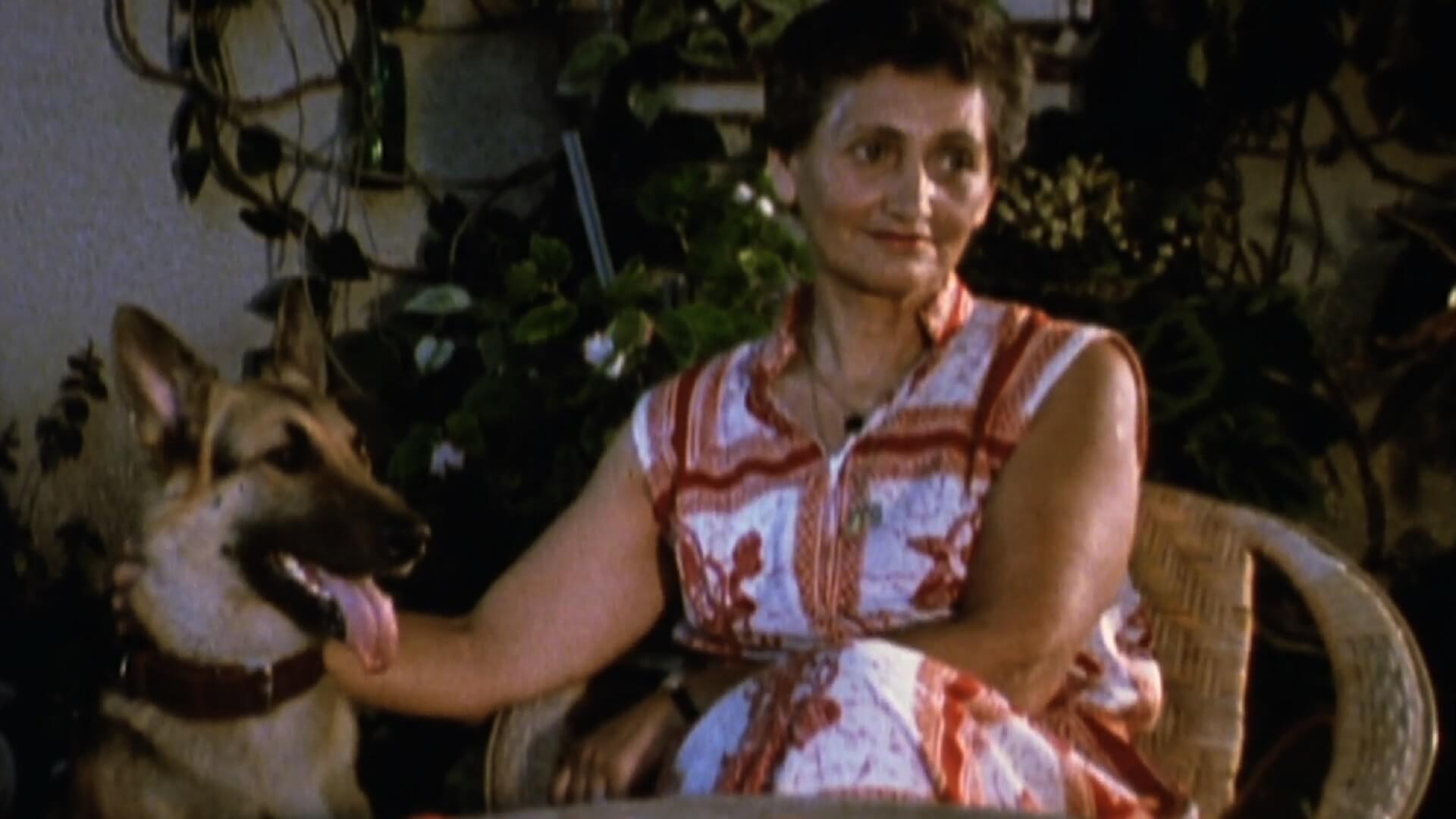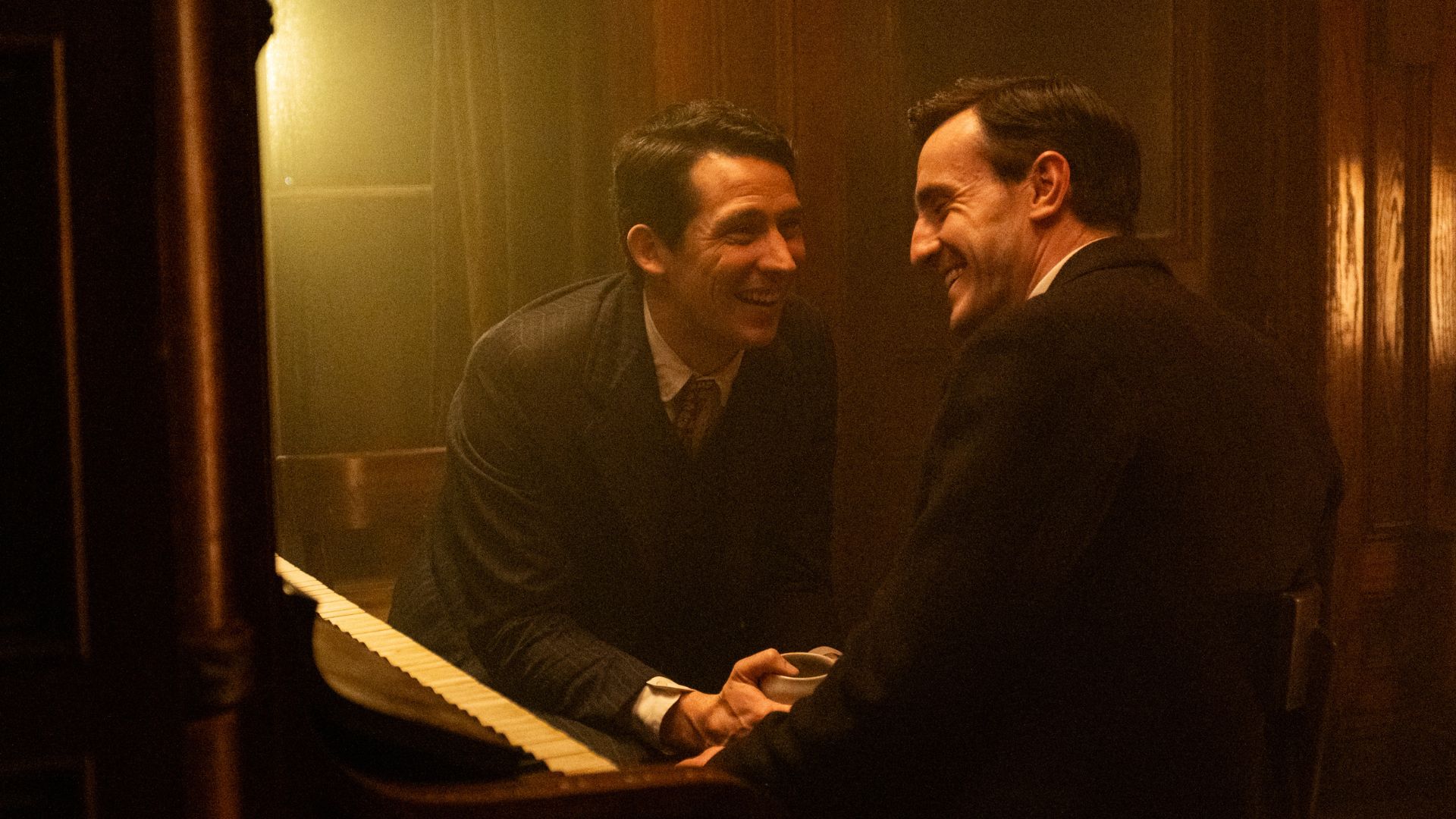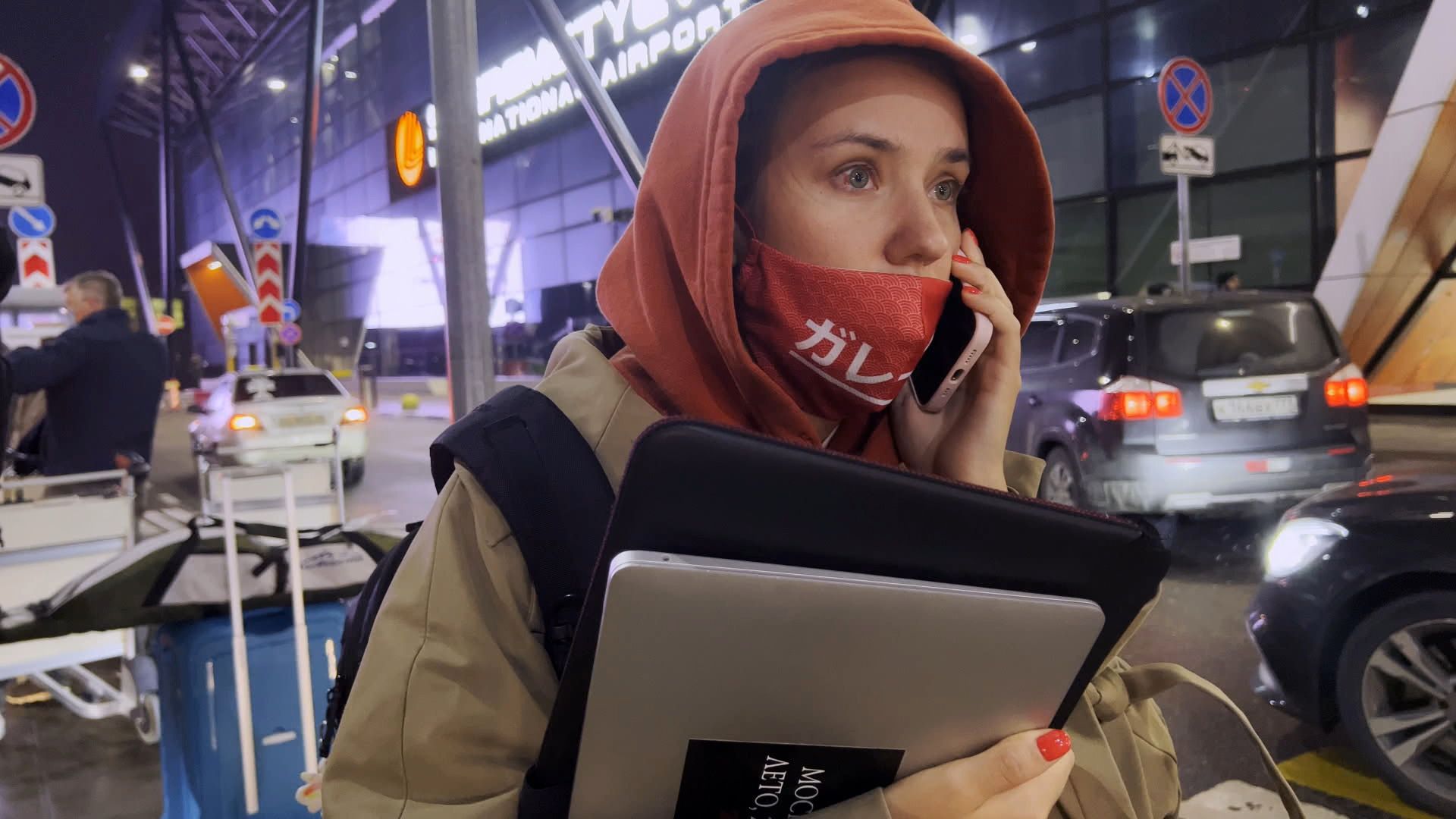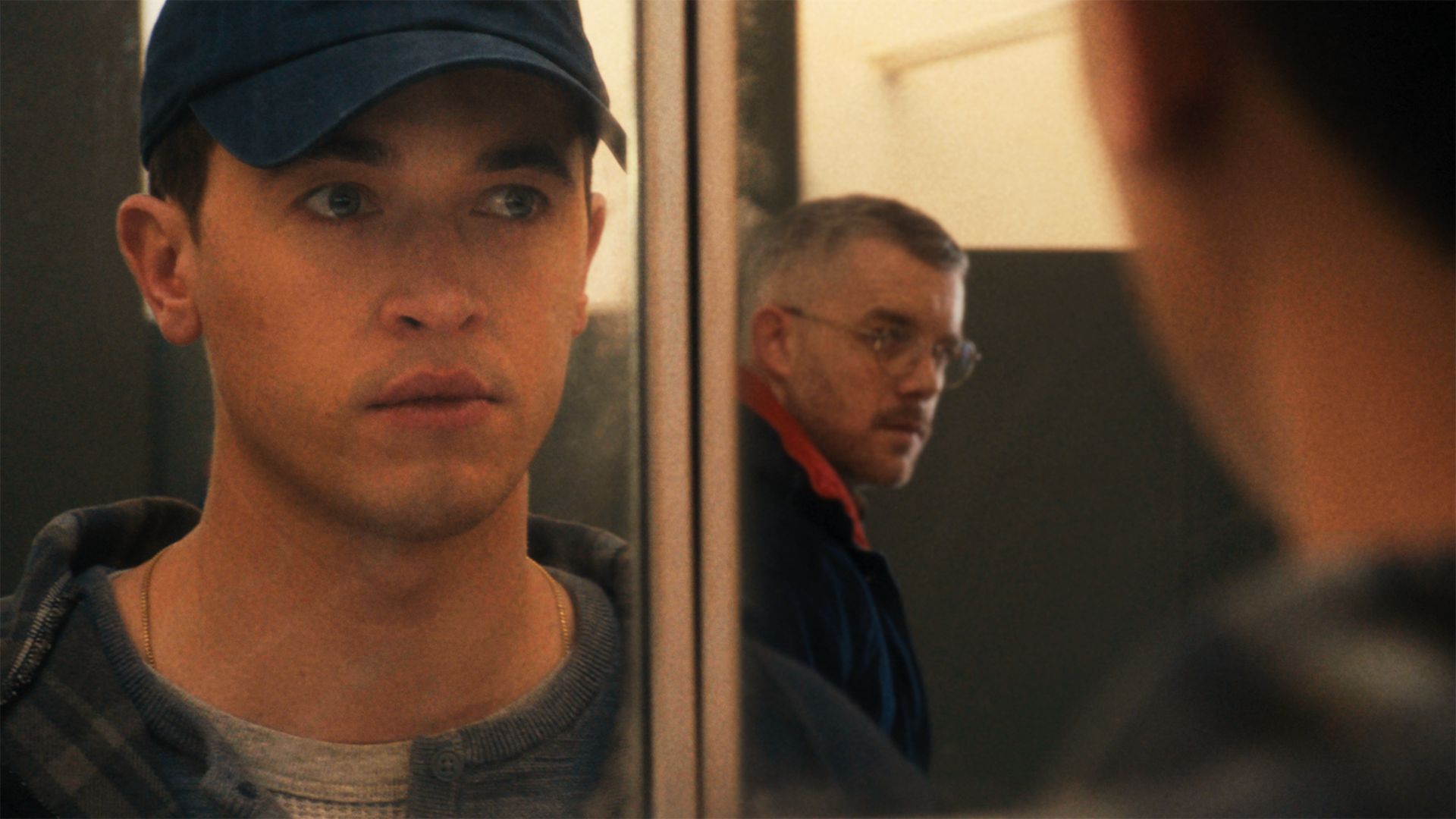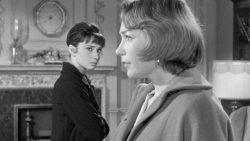When the Nazis occupied Czechoslovakia in March 1939, Ruth Elias was 17 years old. For three years the family hid on a farm, but they were denounced and deported to Theresienstadt in April 1942. That winter, Ruth learned that she would be part of a convoy to Auschwitz, and the next June, eight months pregnant, she managed to become one of 1000 women sent to clear rubble at a Hamburg refinery that had been bombed. Somehow surviving even with a baby, she came face to face with Josef Mengele.
Shoah: Four Sisters
“The stories are as harrowing, complicated, and rife with imponderables as any Lanzmann filmed. And together, collected in a form that is much less labyrinthine than Shoah, they represent an ideal introduction (and capstone) to Lanzmann’s project.” (New York Times)
Toward the end of his long life, Claude Lanzmann (who died last year) made several films comprised of interviews conducted in the 1970s that didn’t make it into his monumental Shoah (1985). Shoah: Four Sisters consists of four short features, each showcasing the testimony of a different female Holocaust survivor. “What they have in common,” wrote Lanzmann, “apart from the specific horrors each one of them was subjected to, is their intelligence, an incisive, sharp and carnal intelligence that rejects all pretense and false reasons—in a word—idealism.” We’ll show each of these films separately but recommend you see them all.
